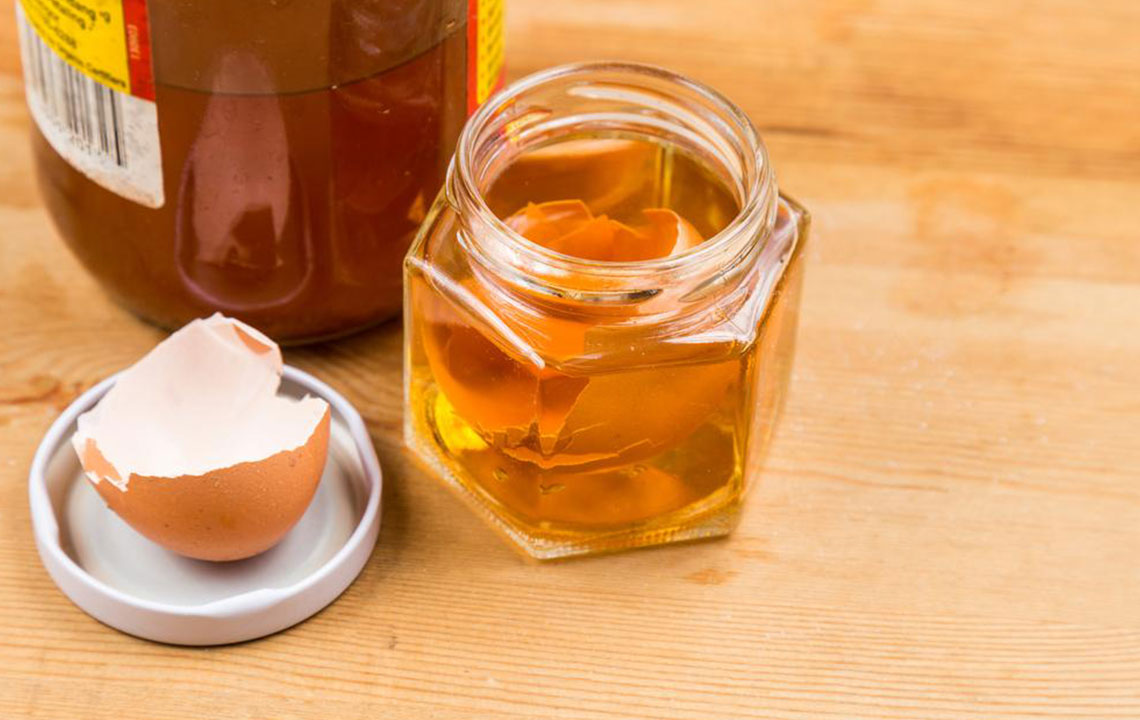Comprehensive Home Remedies and Lifestyle Tips to Relieve Chronic Constipation
This comprehensive guide offers effective home remedies and lifestyle tips for managing chronic constipation. By emphasizing dietary choices, hydration, physical activity, and natural remedies, it helps individuals improve bowel health naturally, reducing dependence on medications. The article covers causes, complications, diagnosis, and practical strategies to promote healthy digestion and prevent long-term issues, making it an essential resource for anyone seeking natural relief from persistent constipation.

Comprehensive Home Remedies and Lifestyle Tips to Relieve Chronic Constipation
Chronic or persistent constipation is a common gastrointestinal issue characterized by infrequent or difficult bowel movements that persist for several weeks or more. This uncomfortable condition can significantly impair an individual’s quality of life, leading to bloating, pain, and other complications if left untreated. Understanding the underlying causes and adopting effective home strategies can help manage and alleviate symptoms naturally, often reducing the need for medication or invasive procedures.
While occasional constipation is typical and often transient, persistent constipation indicates a more complex problem that warrants close attention. This condition can range from mild to severe and is often linked to lifestyle, diet, or underlying health conditions. Awareness and appropriate intervention are crucial to restore normal bowel function and prevent long-term complications.
Generally, chronic constipation results from a variety of factors including inadequate hydration, poor dietary habits, reduced physical activity, and mechanical or structural issues within the colon or rectum. Hormonal imbalances, such as those seen in hypothyroidism, or metabolic disorders like diabetes, can also impair intestinal motility. Pregnancy also often contributes to constipation due to hormonal changes and pressure on pelvic organs.
Concerning complications can develop if constipation persists unchecked. Anal fissures, or small tears in the lining of the anus, may occur due to straining during bowel movements. Swollen veins around the anus (hemorrhoids) are common with chronic pushing and can cause bleeding and discomfort. Stool buildup, if not expelled regularly, can lead to fecal impaction, and in severe cases, rectal prolapse may occur, where part of the rectum protrudes outside the anus.
Effective management begins with proper diagnosis. Healthcare providers may perform physical exams, blood tests, and imaging studies like an X-ray or colonoscopy to identify underlying causes. Once diagnosed, treatment strategies may include medications, laxatives, or, in some cases, surgical interventions. However, many individuals find significant relief through natural, home-based remedies that promote bowel regularity and overall digestive health.
Implementing these home remedies involves lifestyle modifications and dietary adjustments that are safe and accessible:
Increase Dietary Fiber Intake: Consuming foods rich in dietary fiber is fundamental in managing chronic constipation. Fruits such as apples, pears, and berries; vegetables like carrots, spinach, and broccoli; and whole grains such as oats, brown rice, and whole wheat bread can help soften stool and facilitate bowel movements. If natural fiber intake isn’t sufficient, fiber supplements like psyllium husk or methylcellulose can be added to your diet.
Incorporate Ground Flaxseeds: Flaxseeds are a powerhouse of soluble fiber and omega-3 fatty acids. Ground flaxseeds or flaxseed oil can be added to smoothies, oatmeal, or yogurt to promote intestinal motility and coat the gastrointestinal tract to ease defecation.
Consume Probiotic-Rich Foods: Regular intake of probiotic foods such as yogurt, kefir, sauerkraut, and kimchi supports healthy gut bacteria, which play a vital role in digestion and maintaining bowel regularity. Probiotics can help restore balance in the gut microbiome, thus reducing constipation episodes.
Maintain Hydration: Adequate water intake is essential for softening stool and preventing dehydration-related constipation. Aim for at least 8 cups of water daily, and increase intake if you engage in physical activity or live in a hot climate. Avoid excessive caffeine and alcohol, which can dehydrate the body and worsen constipation.
Engage in Regular Physical Activity: Consistent exercise such as walking, cycling, or swimming stimulates intestinal motility. Physical activity helps 'kick-start' sluggish bowels and improves overall health. Even short daily walks can make a notable difference in bowel regularity.
Use Natural Digestive Aids: Aloe vera juice has been traditionally used to soothe digestive inflammation and promote smoother bowel movements. Drinking a small amount daily (about 1 to 2 ounces) can have beneficial effects, but it’s important to choose products free from additives and artificial ingredients.
Leverage Gentle Home Remedies: Baking soda is a common household item that may provide relief. Dissolving a teaspoon of baking soda in a glass of warm water and drinking it can neutralize excess stomach acid, alleviate bloating, and facilitate stool passage. However, frequent use should be avoided, and consultation with a healthcare professional is recommended before prolonged use.
In addition to these remedies, developing a consistent bathroom routine, avoiding suppression of the urge to defecate, and managing stress through relaxation techniques can contribute to long-term prevention of constipation.
Though home strategies can be very effective, persistent or severe cases of constipation should be evaluated by a healthcare professional to rule out underlying conditions. In some cases, medical interventions, including laxatives or minor surgical procedures, may be necessary for complete resolution. However, for most people, adopting a fiber-rich diet, staying well-hydrated, maintaining physical activity, and incorporating natural remedies can lead to significant improvements in bowel health and overall well-being.
By actively managing lifestyle habits and dietary choices, individuals can achieve better digestive health, reduce discomfort, and prevent recurrence of constipation. Remember, consistency is key, and consulting healthcare providers for personalized advice ensures safe and effective treatment.





